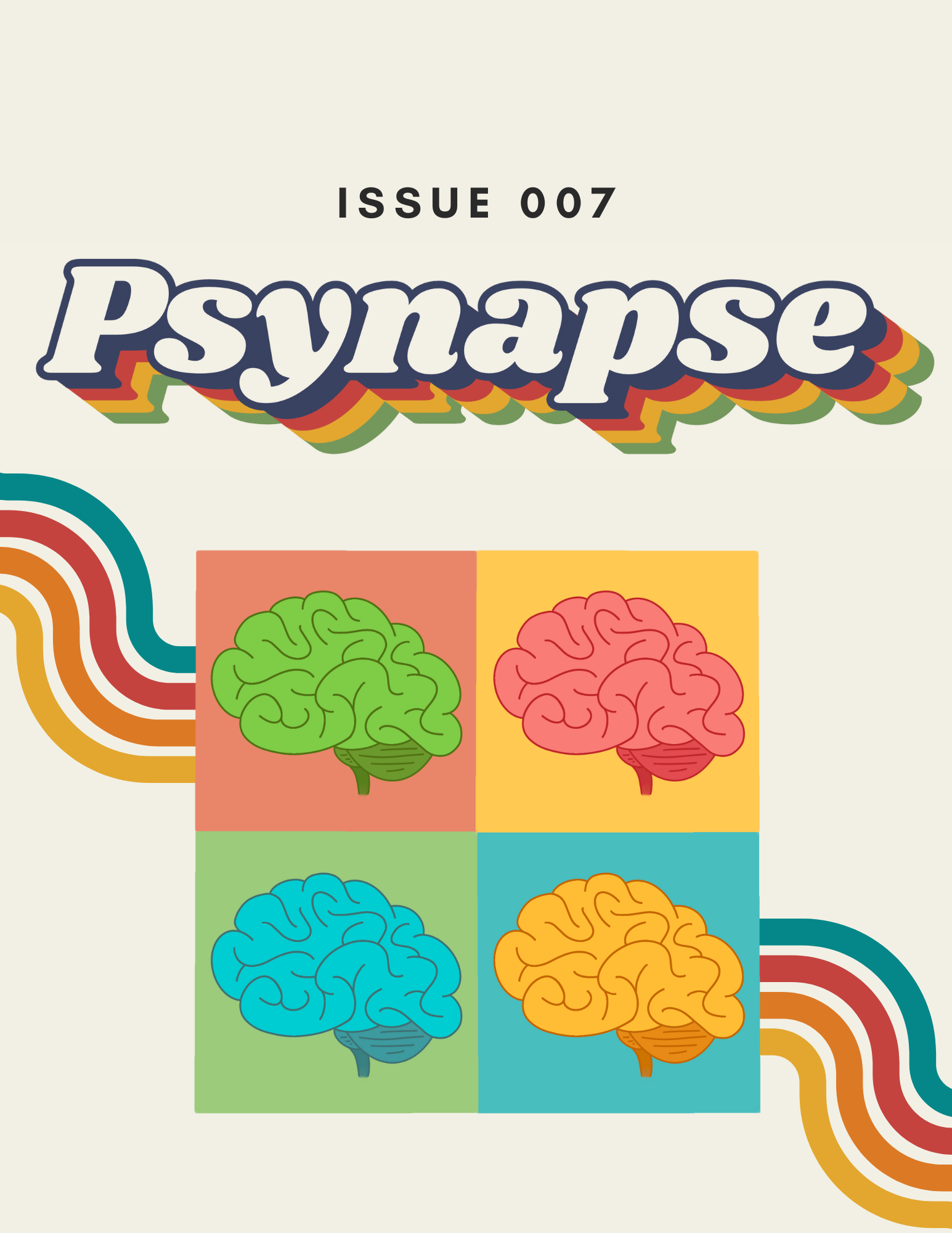Social Environment Impacts the Gut-Microbiome of Macaques
Résumé
Primates are inherently communal beings who require social interaction for physical and mental wellbeing. Social isolation during the COVID-19 pandemic reemphasized the detrimental effects of social deprivation, increasing gastrointestinal issues and the prevalence of mental health disorders. Recent research indicates that various types of stress, including social deprivation, can disrupt regulation of the brain-gut-microbiome axis, but much of this literature is based on studies in rodents. In humans, microbiome research is complicated by the influence of uncontrolled external and lifestyle factors, making it challenging to establish a causal relationship between the gut-microbiome and social environment. The present study uses a non-human primate model to investigate changes in the gut-microbiome through manipulations of social conditions in a controlled setting. We conducted two longitudinal studies in which 13 male macaques were followed from single housing to divided social living and back, and 6 female macaques were tracked from group housing to single housing and back. We found that changes in social environment significantly altered the gut-microbiome in as little as 6 weeks. Moreover, increases in potentially beneficial bacteria were observed in male non-human primates living in social groups, notably Lactobacilus, Coproccocus, Clostridium XIVa, and Limosilactobacillus. Our results suggest that group living has a significant impact on the composition of the gut-microbiome, potentially mediating positive effects on the brain-gut-microbiome axis. Overall, we suggest sociality can significantly impact the gut-microbiome of macaques, which may underlie primate wellbeing and mental health.


